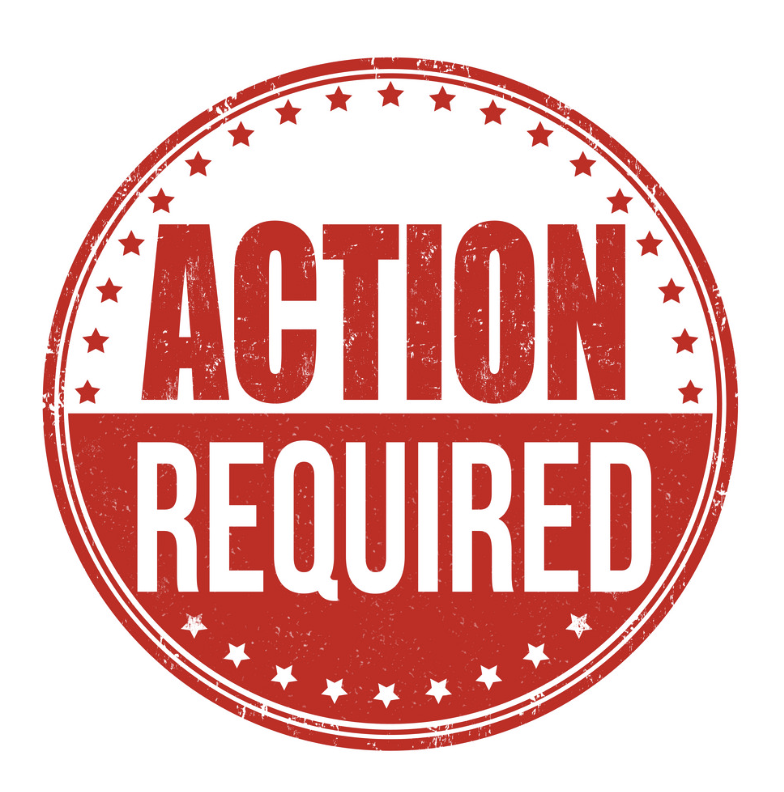
Understanding Domestic Violence: Key Indicators and Resources
Domestic violence is a pervasive issue affecting individuals across all demographics, marked by various signs such as unexplained injuries, isolation, and controlling behavior. Recognizing these indicators is crucial for identifying and addressing abuse effectively. This blog post outlines key signs of domestic violence and provides essential resources for those seeking help, including the National Domestic Violence Hotline and local support services. Understanding and utilizing these resources can make a significant difference in supporting victims and preventing further abuse.

Community Action: How to Get Involved in Local Violence Prevention Efforts
Making a difference starts with your involvement. Volunteer your time with local organizations, educate others about violence prevention, support crucial initiatives, advocate for policy changes, and be a compassionate listener. Together, we can build safer, stronger communities.

How Schools Can Integrate Violence Prevention Education into Their Curricula
Integrating violence prevention education into school curricula is vital for fostering safer learning environments and equipping students with essential skills. By developing comprehensive programs, incorporating social-emotional learning, and involving community resources, schools can effectively address violence and promote healthy relationships. This proactive approach not only supports student well-being but also builds a foundation for a more informed and resilient generation.

How to Support a Friend Who is a Survivor of Sexual Violence
Supporting a friend who is a survivor of sexual violence requires empathy and patience. Listening without judgment, creating a safe space, and encouraging professional support are key to helping them through their healing journey. Educate yourself about sexual violence to offer informed support, and always respect their autonomy and decisions. Your compassionate presence can make a significant difference in their recovery.

Building Resilience: How Survivors Can Empower Themselves and Others
Resilience allows survivors of domestic violence and sexual assault to overcome adversity and empower themselves and others. By acknowledging their journey, seeking support, setting boundaries, educating others, embracing personal growth, and fostering resilience in others, survivors can create a ripple effect of strength and hope.

Empowerment Through Education: How Learning About Healthy Relationships Can Transform Lives
Education about healthy relationships is a powerful tool for personal empowerment and safety. By learning to recognize the signs of healthy and unhealthy relationships, individuals can build self-esteem, prevent abuse, and foster stronger, more supportive communities.

The Impact of Child Abuse: Understanding Its Long-Term Effects
Child abuse leaves enduring marks that influence every aspect of a survivor's life. Beyond the immediate harm, victims often face long-term emotional challenges, such as PTSD and depression, and struggle with trust and self-esteem. Academically, they might experience difficulties, and physically, chronic health issues and an increased risk of substance abuse can arise. Recognizing these lasting effects is crucial for providing effective support and intervention, helping survivors heal, and fostering a safer, more nurturing environment for future generations.

Breaking the Silence: Understanding the Cycles of Abuse
Abuse often follows a predictable pattern, and recognizing it is crucial for intervention. At The Rising Stronger Project, we're here to shed light on the cycle of abuse and empower communities to act.

Breaking Down the Numbers: PTSD in Survivors of Sexual Assault
Sexual assault often leads to PTSD in survivors, especially women. Up to 94% of women affected develop PTSD symptoms shortly after, with about 30% experiencing PTSD in their lifetime. Women are disproportionately impacted, with 1 in 6 having experienced rape versus 1 in 33 men. PTSD symptoms like flashbacks and hypervigilance can persist for years, affecting daily life and increasing the risk of revictimization. Barriers to treatment include stigma and lack of access. Addressing these issues is crucial for supporting survivors and improving community responses to sexual assault.

Navigating PTSD Recovery: Healing from Domestic Violence Trauma
Recovering from PTSD after domestic violence involves identifying triggers, seeking therapy tailored to trauma, and building a supportive network. Grounding techniques, therapy like CBT or EMDR, and connecting with supportive individuals and resources are key to healing and reclaiming well-being.

Understanding PTSD
Understanding PTSD is crucial in supporting survivors of trauma. PTSD can develop after experiencing domestic violence, sexual assault, or childhood abuse, impacting mental, emotional, and physical health. Let's raise awareness and foster empathy for those on their journey to healing. 💙 #PTSDAwareness #SupportSurvivors #MentalHealthMatters

The Dangers of HB185: Protecting Children from Domestic Violence
HB185 poses a significant threat to the safety and welfare of children in New Hampshire, particularly in cases involving domestic violence. Join us in opposing the bill today!

The Rising Stronger Project’s No More Week
We're proud to share our experience participating in the NO MORE Walk!

The Reality of Domestic Violence: 7 Eye-Opening Statistics
Domestic violence affects millions worldwide, leaving a trail of pain and suffering in its wake. Our latest blog post delves into the stark reality of this issue, exploring the numbers behind the epidemic. Did you know that 1 in 3 women globally have experienced physical or sexual intimate partner violence? Or that the cost of intimate partner violence exceeds $5.8 billion annually in the U.S. alone? These statistics underscore the urgent need for action. 💜

No More Week
It is officially @nomoreorg week! No More Week is a beacon of hope for survivors of domestic violence and sexual assault. Join us in raising awareness, promoting prevention, and mobilizing communities to end these pervasive forms of violence. Together, we can make a difference. 💜💜💜

Shedding Light on Domestic Violence
Domestic violence affects millions worldwide, regardless of age, gender, or background. It's a complex issue often hidden in shame and silence. From physical to digital abuse, it takes many forms, leaving victims in fear and suffering. Know that help is available. If you're in immediate danger, dial 9-1-1. Reach out to the National Domestic Violence Hotline for support. Let's break the silence and stand together against domestic violence.

